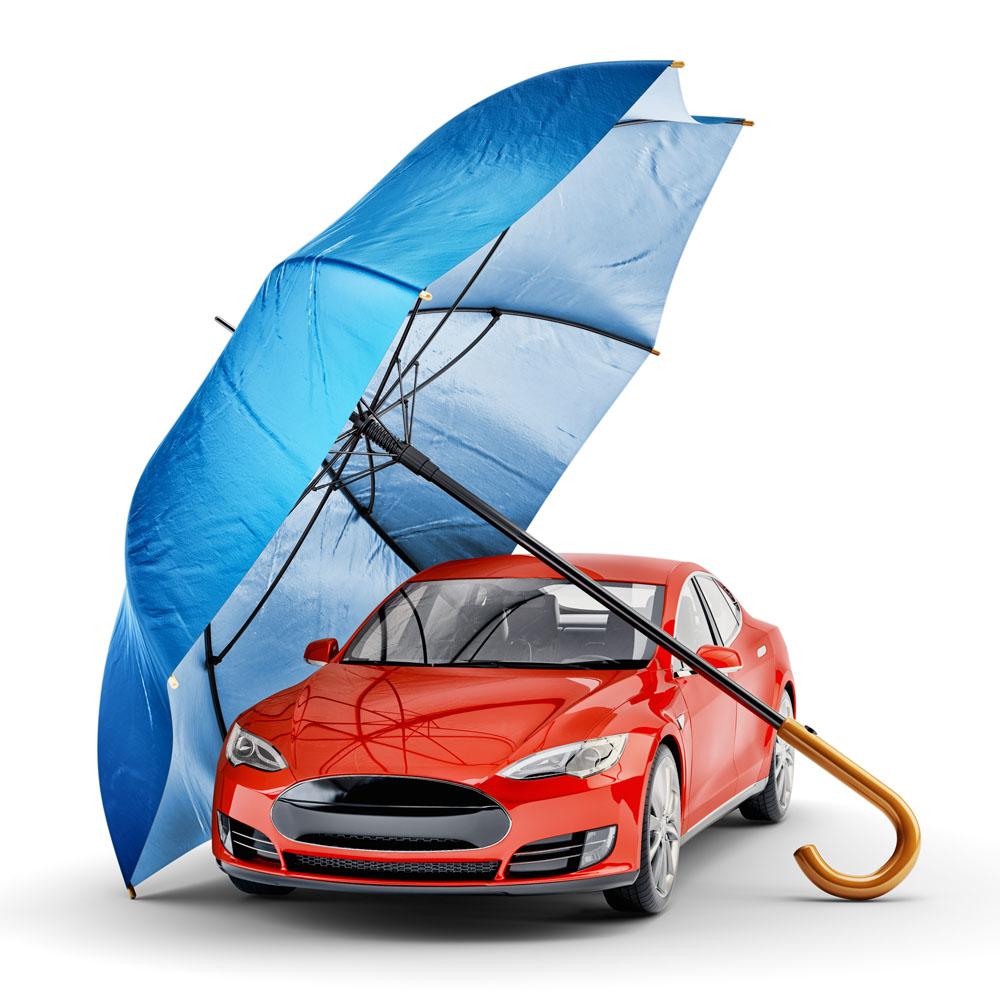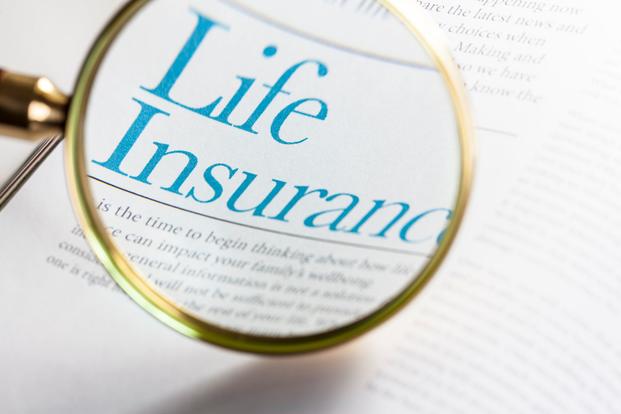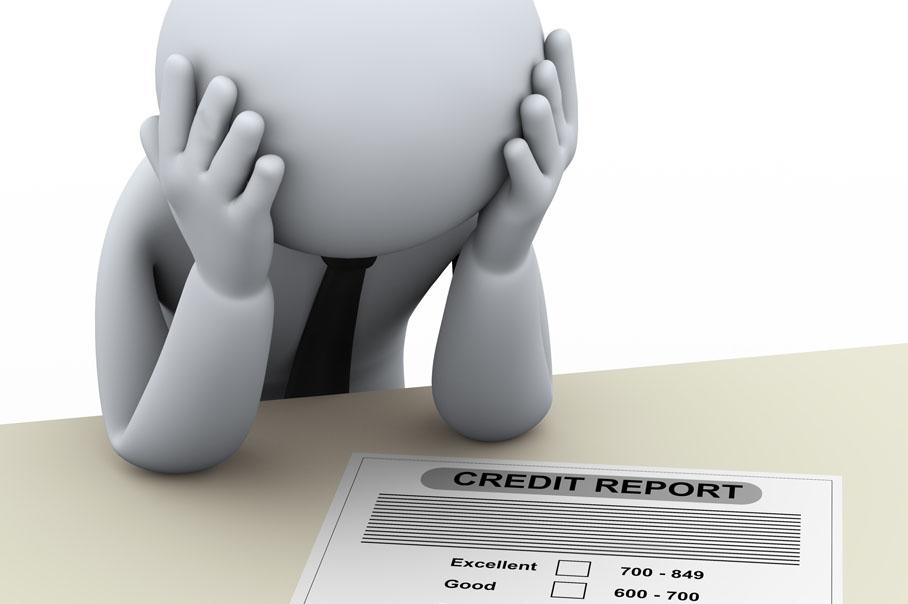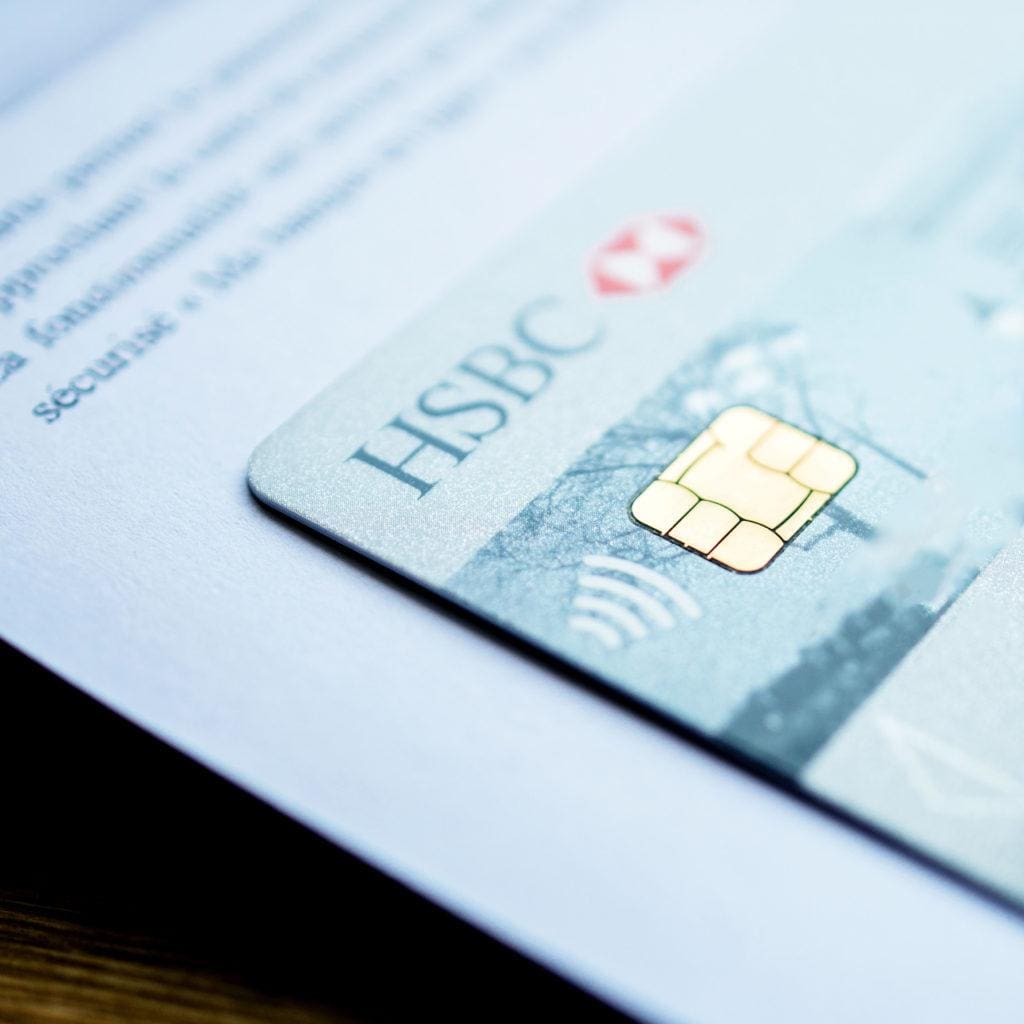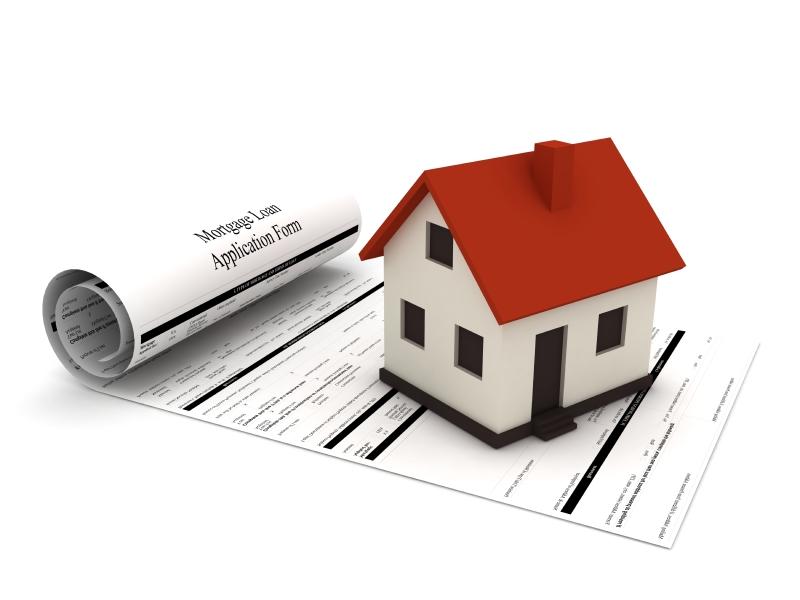
No one wants to deal with taking out a mortgage loan and having it denied. Recently the Urban Institute calculated real denial rates to determine which mortgage loans are denied most often.
Government-backed loans get denied less than conventional loans. Forbes reported that “conventional loan applications are denied almost 50% of the time, versus just over 20% for government loans.”
Small balanced loans usually below $70,000 or lower see higher denial rates. Forbes said, “Applications for loans under the $70,000 mark had a 52% denial rate, while those for over $150,000 were denied just 29% of the time.”
Image via NerdWallet.




